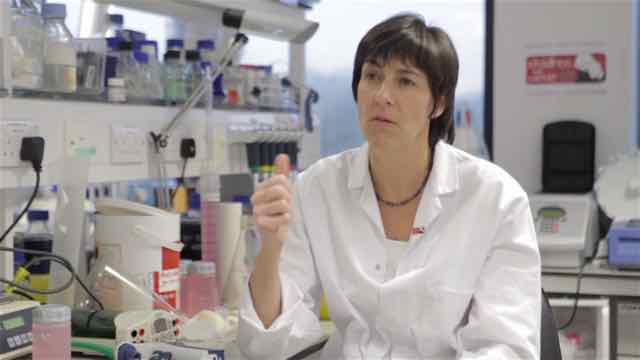The CML community is deeply saddened to learn of the passing of Professor Tessa Holyoake.
Prof. Holyoake, was a world-leader on Chronic Myeloid Leukemia (CML) achieving outstanding results in CML. Through her research she developed methods to purify the cells of leukaemia patients. Her most recent study analysed both CML and normal blood stem cells and the key to the survival of CML stem cells. The team led by Prof. Holyoake then developed a drug combination to simultaneously target these critical proteins and kill the CML stem cells.
Last month Prof Holyoake was awarded a Royal Society of Edinburgh Royal Medal by the Queen of Britain for recognition of her contribution to the field of Life Sciences by her discovery of the existence of cancer stem cells in CML and her development of a new therapy for this condition.

